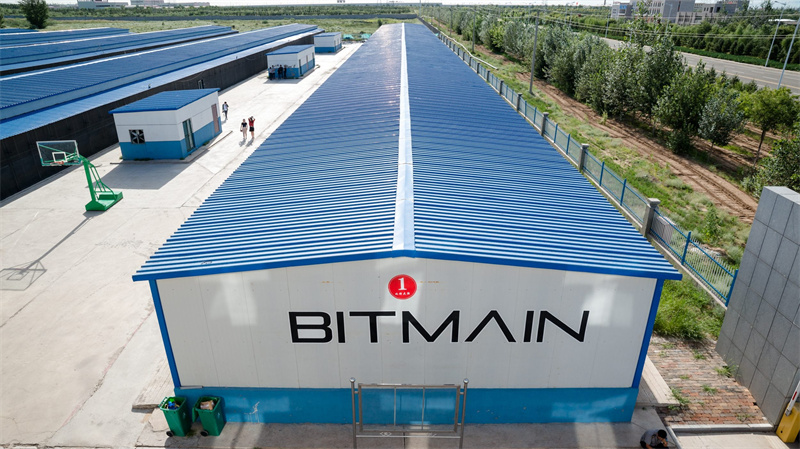Three Chinese companies—Bitmain, Canaan, and MicroBT—collectively controlling over 90% of the global Bitcoin mining hardware market, are establishing manufacturing operations in the United States. The move is aimed at mitigating the impact of U.S. tariffs introduced under the Trump administration, while shifting the industry's supply chain toward a “designed-in-China, assembled-in-America” model.
The transformation comes as U.S. tariffs on Chinese crypto mining hardware have reached as high as 54%. Bitmain began producing machines in the U.S. in December 2024, just one month after Trump's election victory. Canaan launched pilot production in April 2025, and MicroBT has been implementing its U.S. localization strategy since 2022. Together, the three firms are reshaping the supply structure of a market projected to reach $12 billion by 2028, according to Frost & Sullivan.
Founded in 2013, Bitmain rose to prominence with its Antminer ASIC series, becoming the world's largest crypto mining hardware manufacturer by 2018. Canaan, also founded in 2013, gained global attention after going public on Nasdaq in 2019 as the world's first blockchain IPO. MicroBT's Whatsminer series has seen rapid adoption, especially through partnerships with U.S.-based miners.
Canaan's Vice President of Corporate Development, Leo Wang, told Reuters the company's U.S. production is exploratory, designed to reduce costs for customers amid unstable trade policies. “We have to consider all alternatives,” he said. MicroBT also cited active localization efforts to offset tariff-related costs.

Despite a temporary suspension of some tariffs following a bilateral agreement in May 2025, uncertainty remains. If the full 54% tariff rate is enforced, Bitmain's latest flagship miner, the $17,400 S23 Hyd. (slated for 2026 delivery), would incur more than $9,000 in U.S. duties—significantly weakening its competitiveness in a market that accounts for over 30% of global demand.
The shift has raised national security concerns among U.S. lawmakers and competitors. Auradine, a domestic hardware maker backed by mining giant Marathon Digital, has lobbied for restrictions on Chinese imports. “Tens of thousands of Chinese machines connected to the U.S. power grid pose potential risks,” said Auradine Chief Strategy Officer Sanjay Gupta.

In response, Canaan's Wang dismissed such claims, arguing that mining hardware has no function beyond cryptocurrency mining. Still, past U.S. sanctions—such as the 2023 blacklisting of Bitmain's AI subsidiary Sophon—underscore the geopolitical risks for Chinese suppliers.
Industry observers warn that overdependence on Chinese hardware could expose American miners to supply shocks. “China's dominance creates a bottleneck,” said crypto lawyer John Deaton. "If exports are restricted, it could destabilize the Bitcoin network and harm U.S. users."
To diversify risk, Canaan has expanded operations in Singapore and other Southeast Asian countries. Meanwhile, Donald Trump and his allies have embraced cryptocurrency more openly, with his son Eric partnering with energy firm Hut 8 to launch "American Bitcoin," a venture aimed at building a strategic national reserve.
According to Komodo CTO Kadan Stadelmann, this reshuffling reflects a broader transformation of global tech sourcing: “This isn't just about tariffs—it's about politically acceptable supply chains.” Guang Yang, CTO of Conflux Network, echoed the view, saying the trade war is forcing a structural shift in Bitcoin's hardware ecosystem that goes far beyond surface-level economics.
+86 191 9627 2716
+86 181 7379 0595
8:30 a.m. to 5:30 p.m., Monday to Friday
